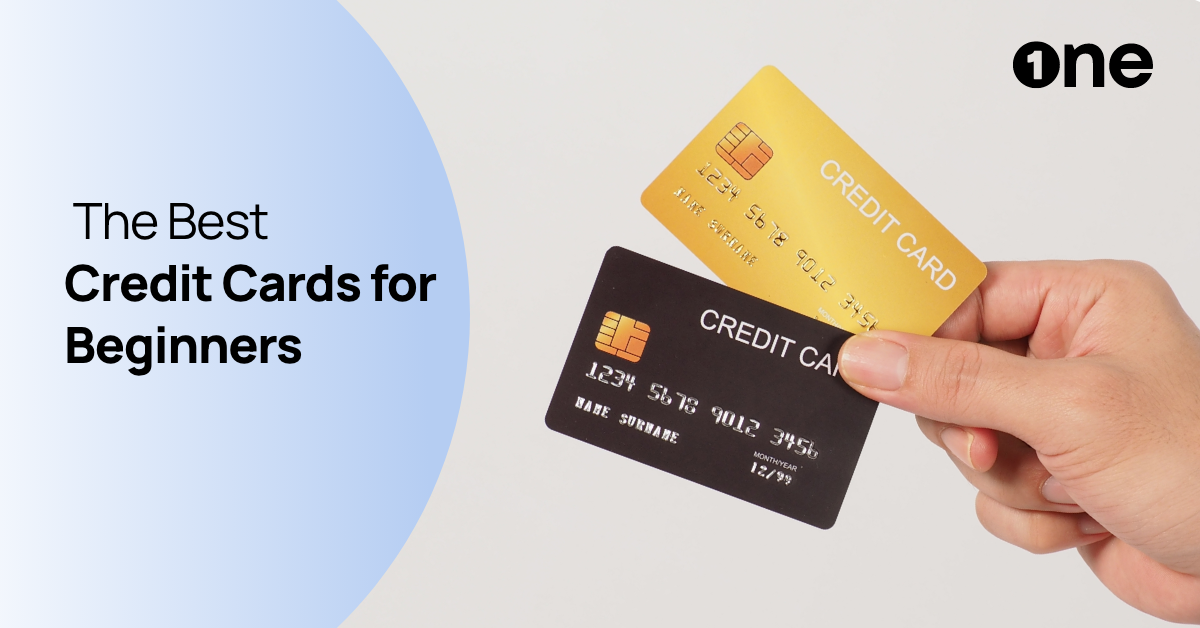Credit Card Networks vs Card Issuers: What’s the Difference?
By OneCard | February 09, 2025

In the age of increasing financial options, advice, and decisions, you may have come across the terms credit card network and card issuer. While they might sound similar, there are some key differences. This knowledge about credit card networks v/s card issuers is especially relevant when looking to apply for new credit card and picking the right option for you.
If an outlet only accepts one network, it is key to know your network and whether your cards will be accepted at that outlet. Therefore, knowing the difference between a credit card network and a card issuer will help you know how the card works, where to use it, and its benefits, to name a few.
Table of contents:
About Credit Card Networks
- Also known as card associations, credit card networks are behind-the-scenes systems that enable a purchase. For example, some of India’s top credit card networks are Visa, Mastercard, American Express, RuPay, and Discover.
- They enable merchants, which in turn enable cardholders to make purchases globally.
- Networks create virtual infrastructure and set merchant fees to process transactions.
- However, that’s not the only thing credit card networks do. In addition, they also help determine where credit cards are accepted.
- Furthermore, credit card networks often have partnerships with various industries, including travel, entertainment, dining, transportation, and e-commerce. In conclusion, specific networks can yield different perks.
- An example of this can be found in a daily scenario. When shopping, if you use a credit card, networks create the virtual infrastructure. However, the actual funds are from the issuer (who is paid by the user). In addition, you can find various network-based coupons, such as “10% off on Visa Credit Cards”.
- An example of this can be found in a daily scenario. When shopping, if you use a credit card, networks create the virtual infrastructure. However, the actual funds are from the issuer (who is paid by the user). In addition, you can find various network-based coupons, such as “10% off on Visa Credit Cards”.
Also Read: Mastercard vs Visa Card: Key Differences Explained
About Card Issuers
- The core of a credit card is the issuer. Firstly, this entity manages a credit card, from the initial application and approval to the ongoing features and functionality.
- Secondly, issuers set credit card limits, terms, and benefits associated with your card (including any credit card fees or rewards). Most importantly, they collect the monthly payments.
- Some issuers provide additional services along with basic functionality, such as subscriptions and EMIs. For instance, with One Credit Card, you can break down bigger payments into EMIs, and that amount will be debited automatically every month.
Credit Card Networks v/s Card Issuers: Key Differences
While very similar on the surface, there is a fundamental difference between credit card networks and credit card issuers. This allows them to work in tandem -
Networks allow payments between vendors and credit cards. On the other hand, issuers approve and manage credit cards. They set functions such as credit limit and interest rate, amongst other functions.
Here are the key differences between credit card networks and credit card issuers:
| Credit Card Issuers | Credit Card Networks | |
|---|---|---|
| Role | Create credit cards | Create virtual infrastructure for transactions |
| Management | Set limits, rewards, and fees | Enable transactions between vendors and issuers |
| Credit Limits | Set credit limits | Set minimum limit requirements |
| Applications | Approve individual credit card applications | Set standards for merchant card acceptance |
| Fees | Cannot change interchange fees | Charge merchants a fee paid to the issuer's bank |
To Sum Up
In conclusion, credit card networks and issuers are part of a financial ecosystem that enables vendors and users to transact seamlessly. Therefore, while it can be difficult to gauge the differences between credit card networks v/s card issuers, we can still understand that these entities work together to allow credit card transactions.
There is a hoard of opinions and advice online and amongst our surroundings, which makes it even more essential to study and form our own opinions on what type of credit works best for our needs. The first step in understanding this is to learn who gives us credit, to begin with, and knowing the difference between credit card networks v/s card issuers is a great place to start.
Also Read: Role of Credit Cards in Personal Finances
**Disclaimer: The information provided in this webpage does not, and is not intended to, constitute any kind of advice; instead, all the information available here is for general informational purposes only. FPL Technologies Private Limited and the author shall not be responsible for any direct/indirect/damages/loss incurred by the reader for making any decision based on the contents and information. Please consult your advisor before making any decision.



Sharing is caring 😉